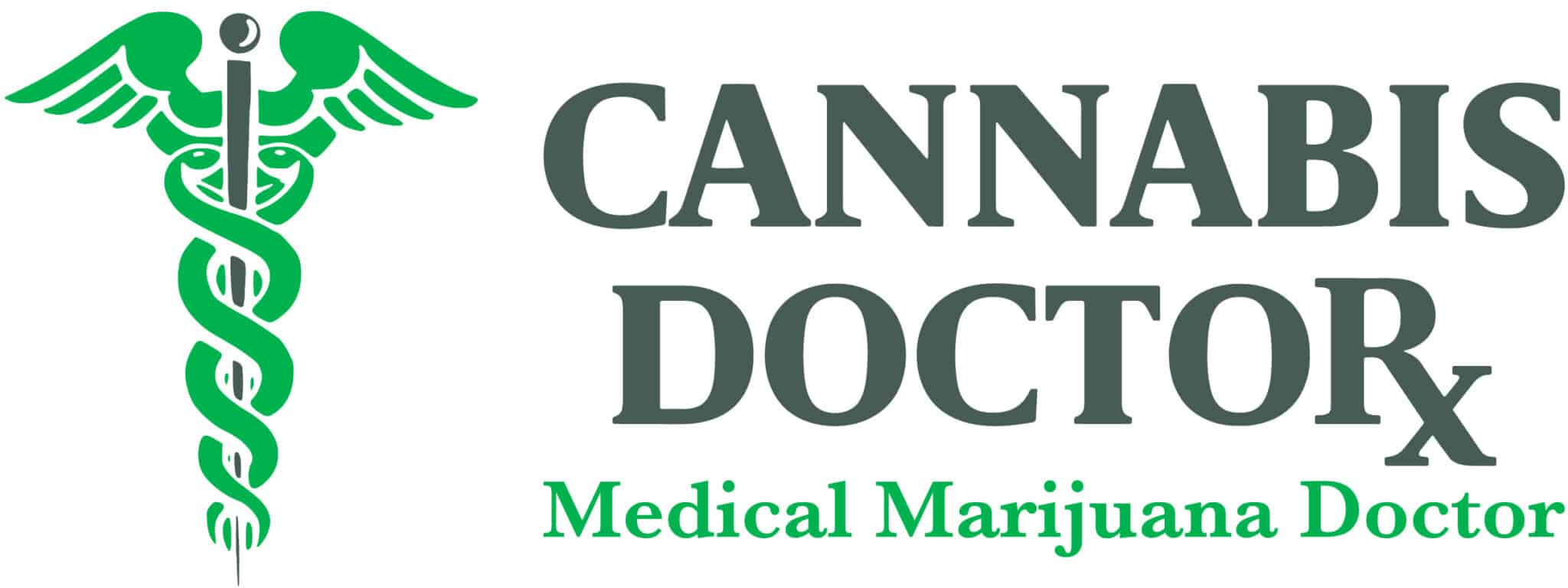The interaction between antidepressants and cannabis involves complex biochemical mechanisms that can vary based on the specific types of antidepressants and the components of cannabis involved. Each antidepressant may have its own risks associated when mixing with cannabis. Regardless, we recommend every individual to consult a medical doctor before mixing marijuana and antidepressants.
Can Weed Affect Antidepressants?
Cannabis contains compounds like tetrahydrocannabinol (THC) and cannabidiol (CBD), which interact with the body’s endocannabinoid system, influencing mood, pain perception, and various other physiological processes. When combined, cannabis can potentially alter the effectiveness of antidepressants by either enhancing or diminishing their effects, depending on the dosage and the individual’s unique biochemistry.
Marijuana and the Brain
It’s important to recognize that marijuana’s impact on the brain is complex and can vary significantly among individuals. While there are positive reports of marijuana being a leading alternative medical solution, particularly in terms of symptom management and therapeutic use, ongoing research is crucial to fully understand both the benefits and risks associated with marijuana use.
As such, individuals considering marijuana for therapeutic purposes should consult healthcare providers to discuss the potential risks and benefits based on their specific health conditions and needs.
Antidepressants and the Brain
Antidepressants are known to have a significant impact on the brain, influencing its structure, neurochemistry, and overall functioning in various ways. These medications primarily target neurotransmitters, which are chemical messengers that relay signals between brain cells and play vital roles in mood regulation and emotional well-being.
One of the key effects of antidepressants is their ability to modify brain structural dynamics, particularly in areas associated with mood regulation such as the hippocampus. Research suggests that effective antidepressant treatment may mitigate structural shrinkage in the hippocampus observed in depressive disorders, potentially reversing or halting the neurobiological impacts of depression.
Potential Risks of Mixing Marijuana and Antidepressants
Mixing marijuana and antidepressants can lead to a range of risks and potential side effects, some of which may be severe or even life-threatening. Based on the information gathered, here are the identified risks:
- Heart Palpitations, Panic Attacks, and Hallucinations: The combination of these substances can lead to cardiovascular issues like heart palpitations and mental health concerns such as panic attacks and hallucinations.
- Altered Neurotransmitter Activity: Cannabis use may affect neurotransmitters in the brain, potentially altering the effectiveness of antidepressants and exacerbating mental health symptoms.
- Hypertension and Increased Heart Rate: Some individuals may experience hypertension (high blood pressure) and an increased heart rate when using marijuana with antidepressants, leading to discomfort and potentially risking cardiovascular health.
- Dizziness and Confusion: The interaction between these substances can cause dizziness and confusion, impairing cognitive function and physical coordination.
- Increased Concentrations of Antidepressants: Cannabidiol (CBD) and THC may increase the concentrations of certain antidepressants like sertraline and escitalopram, particularly in adolescents, heightening the risk of adverse effects.
- Negative Interaction with Tricyclic Antidepressants: Marijuana has shown to interact negatively with tricyclic antidepressants, and several case studies have reported dangerous outcomes from their combination.
- Adverse Metabolic Effects: THC can alter the metabolism of antidepressants, leading to side effects like cough and diarrhea. Additionally, the combination can cause the body to inefficiently clear out chemicals, resulting in adverse reactions.
- Compounded Sedative Effects: Both marijuana and certain antidepressants can induce drowsiness. Mixing them may exacerbate these sedative effects, increasing the risk of impaired cognition and motor functions, which is especially dangerous in situations requiring alertness, such as driving.
Given these risks, it’s crucial for individuals to consult healthcare professionals before combining marijuana with antidepressants to manage and monitor any potential interactions or side effects effectively.
Effects of Antidepressants and Marijuana
The interaction between Lexapro (escitalopram), a commonly prescribed antidepressant, and marijuana (cannabis) can lead to several potential effects and concerns. According to various sources, combining these two substances may increase the risk of side effects such as dizziness, drowsiness, confusion, and difficulty concentrating.
Similar to the dangers of combining Zoloft and weed, the effects can impair cognitive and motor functions, making activities such as driving or operating machinery hazardous. While some individuals report minimal adverse effects from combining Lexapro with cannabis, healthcare professionals generally advise against mixing the two due to the lack of comprehensive studies on their interaction and the potential for negative outcomes.
The interaction between Celexa (citalopram), a commonly prescribed antidepressant, and marijuana raises several health concerns. Combining these substances may lead to increased side effects such as dizziness, drowsiness, confusion, and difficulty concentrating.
The use of marijuana and Celexa together is not universally problematic for all individuals, the potential for increased side effects and health risks necessitates a careful and informed approach, ideally under the guidance of a healthcare professional.
Cannabis use might also interact with antidepressants by affecting neurotransmitters in the brain, aside from serotonin. This includes altering serotonergic transmission, which could modulate the response to SSRIs, potentially impacting their therapeutic effects.
Research indicates that using cannabidiol (CBD) and/or THC may increase the concentrations of SSRIs such as sertraline and escitalopram in adolescents, potentially raising the risk of side effects. This suggests that marijuana could alter the metabolism or effectiveness of SSRIs, leading to an increased risk of adverse reactions
Is Cannabis an Effective Antidepressant?
The relationship between cannabis and its effectiveness as an antidepressant is complex and still under investigation. Various studies and sources suggest that cannabis may have potential antidepressant effects, yet the scientific community remains cautious due to methodological limitations and the need for more comprehensive research.
A recent study suggests that cannabis may reduce anxiety and depressive symptoms in clinically anxious and depressed populations, indicating a potential role for medicinal cannabis in mental health treatment. Similarly, another piece of research points to evidence that cannabis could have antidepressant effects, though it also notes the results are affected by methodological limitations in the available studies. In Florida, depression is a qualifying condition for a medical marijuana card.
More Questions? Give Us a Call
It is important to refer to the advice of a medical doctor before mixing any substances, even if they are prescribed to you. At Cannabis Doctor X, we have many patients that have a medical card in Florida to help them deal with depressive symptoms. If you have more questions about acquiring a medical
References
https://www.ncbi.nlm.nih.gov/pmc/articles/PMC8307883/
https://hms.harvard.edu/news-events/publications-archive/brain/cannabis-brain
https://www.ncbi.nlm.nih.gov/pmc/articles/PMC4790407/



